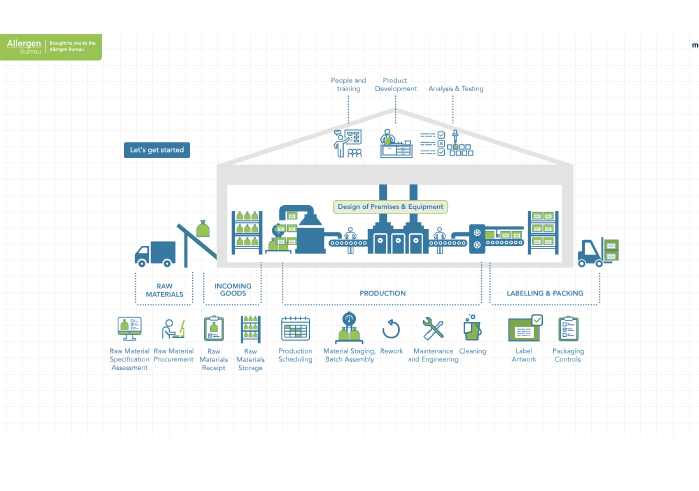Just as the food industry was learning to manage COVID-related shortages, Russia’s invasion of Ukraine has further increased critical supply chain issues. As the urgency around ingredient substitutions increases, so too does the risk of food fraud and economically-motivated adulteration – which may be deadly for people with serious food allergies.
Eighty per cent of global sunflower oil exports originate from Ukraine or Russia and many manufacturers are being forced to switch to alternative vegetable oils or emulsifiers to maintain production. Similar issues exist with wheat and maize, as up to 30 per cent of the global supply of these cereals normally comes from Ukraine or Russia.
Last month, FoodNavigator.com published an article warning of increased food fraud risks due to sunflower oil shortages and paid specific attention to the heightened safety concerns for food allergic consumers.
Following a rapid risk assessment by the UK Food Standards Agency, the four UK governments recently confirmed that companies there are allowed to swap from sunflower oil to refined rapeseed, palm, soyabean or coconut oil to maintain production, without the expensive and time-consuming need to change product labelling. This decision acknowledges that the process of fully refining oils removes the proteins that can cause allergic reactions.
More dangerous are past examples of peanut flour being used in economically motivated adulteration due to its low price and high protein content. Adding cheap peanut flour raises the overall protein content of other cereal flour, such as wheat flour, helping the supplier gain a higher price for their commodity and meet supply chain demands for their product.
It is not yet clear whether the recent detection of peanut in soy lecithin is intentional or unintentional. What is clear, is that for manufacturers, there is a link between risks identified in a VACCP analysis due to complexity in supply chains, geographical location, or immature supplier relationships, which can be used in allergen risk assessment. Businesses need to be both diligent and patient as the supply chains works through the list of relevant questions and the verification testing required to establish the risk of a material.
For the latest information on soy lecithin risk assessments overseas click here. FSA update on soya lecithin investigation | Food Standards Agency
Why not visit the Allergen Risk Review Website to find out more about the Raw Material Procurement Stage



